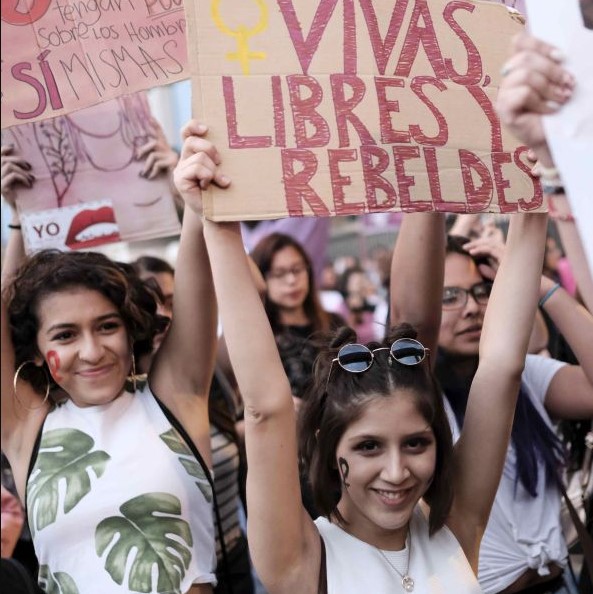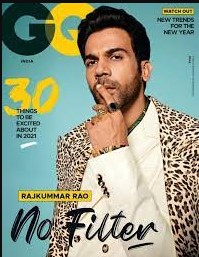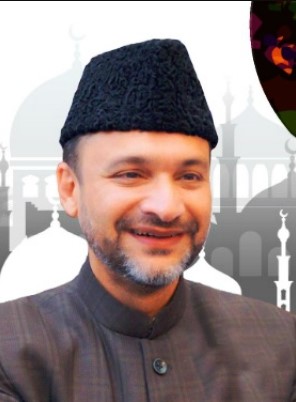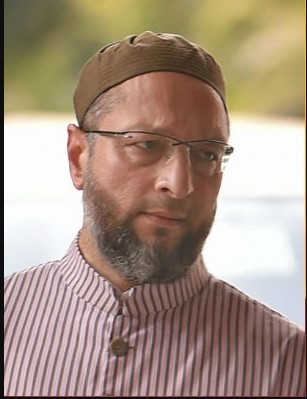
Gender equality is at the very heart of human rights and United Nations values.
Gender-based discrimination is prohibited under almost every human rights treaty. Despite much progress made in securing women’s rights globally, millions of women and girls continue to experience discrimination and violence, being denied of their equality, dignity and autonomy, and even a life.
This discrimination and violence against women and girls, deeply rooted in the fabric of societies, is persistent and systematic. And in recent years, there has been a recurrence of scepticism against and denial of international standards concerning women’s human rights, gender equality and gender-based violence, while women and girls are increasingly raising voices to demand equality, including through feminist movements.
Promoting women’s human rights and achieving gender equality are core commitments of the UN Human Rights Office. We promote women and girls’ equal enjoyment of all human rights, including freedom from violence, sexual and reproductive rights, access to justice, socio-economic equality, and participation in decision-making.
We do this by monitoring and advocating for women’s rights, building capacity of stakeholders, and providing technical advice. We promote gender integration within the UN. We also support UN mechanisms and treaty bodies working to promote gender equality.
India has seen a significant increase in awareness and advocacy for women's rights and gender equality. Over the years, there has been a growing realization that gender discrimination and inequality hinder the progress of individuals and society as a whole. Efforts to raise awareness about these issues have been widespread, aiming to empower women, challenge societal norms, and promote gender equality.
Awareness campaigns have played a crucial role in educating the public about the importance of women's rights and gender equality. These campaigns have focused on various aspects, including addressing gender-based violence, promoting women's empowerment, combating stereotypes, and advocating for equal opportunities in education, employment, and decision-making positions.
Non-governmental organizations (NGOs), civil society groups, and women's rights activists have been at the forefront of these awareness initiatives. They have organized workshops, seminars, and awareness programs to engage communities and create dialogue around gender issues. These efforts have helped debunk myths, challenge patriarchal mindsets, and encourage individuals to question traditional gender roles and biases.
The media has also played a significant role in spreading awareness about women's rights and gender equality. Television programs, documentaries, films, and social media platforms have provided a platform to showcase stories of inspiring women, highlight instances of gender discrimination, and promote gender-inclusive narratives. Celebrities, influencers, and public figures have used their platforms to raise awareness and advocate for gender equality.
Government initiatives have also contributed to increasing awareness about women's rights and gender equality. Policies and programs focused on women's empowerment, gender sensitization, and legal reforms have been implemented to address systemic issues and promote gender equality at various levels.
While progress has been made, there is still a long way to go in achieving true gender equality in India. Increasing awareness is just the first step towards dismantling deep-rooted gender biases and creating an inclusive society. Continued efforts to raise awareness, education, and policy changes are necessary to challenge existing norms, ensure equal opportunities, and create an environment where every individual can thrive irrespective of their gender.










